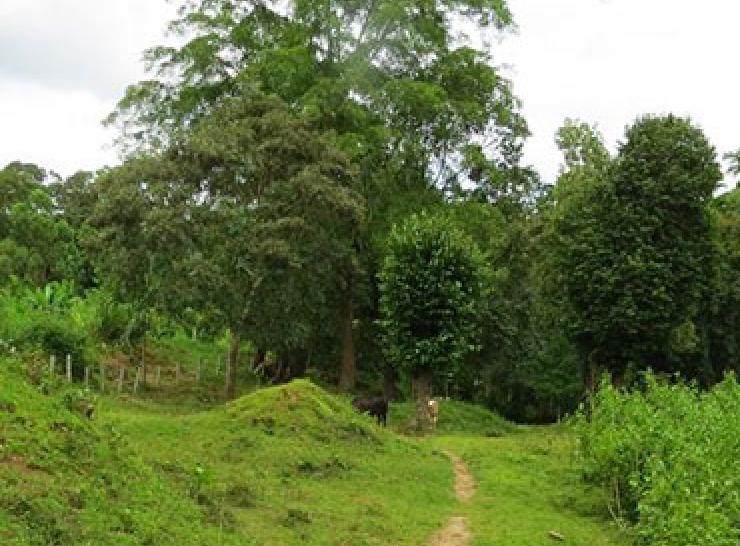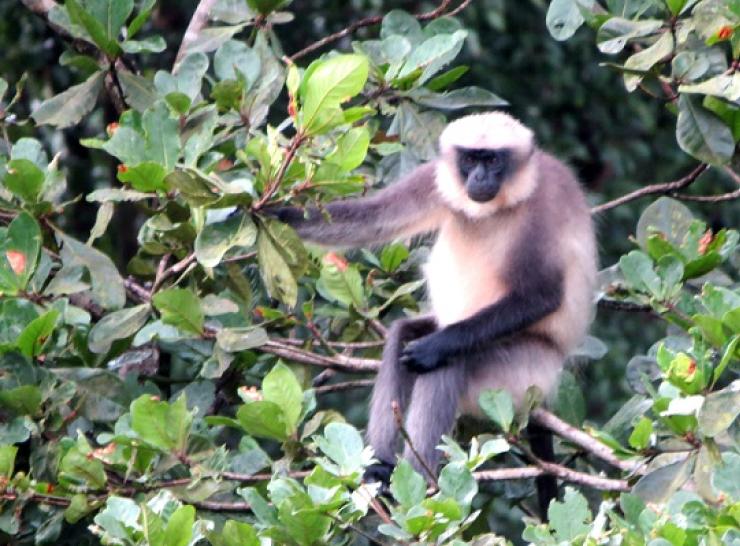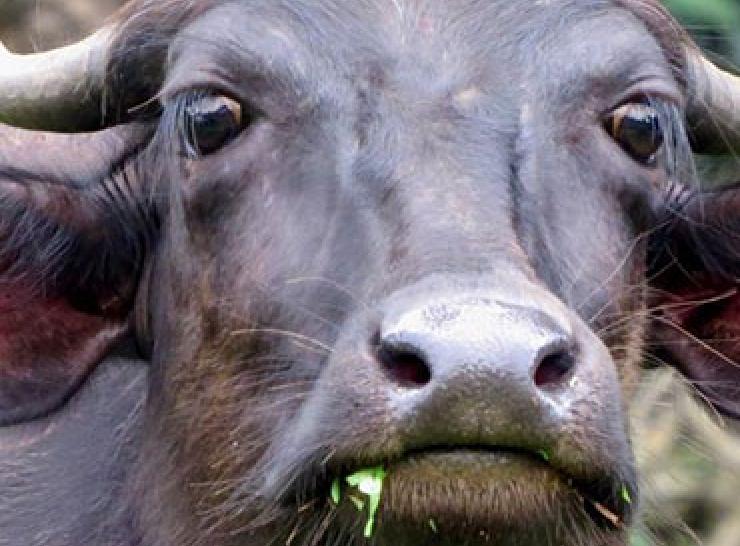-
Inter-disciplinary One Health network of scientists, public and animal health and forest managers, policy makers and affected communities concerned with tackling emerging forest zoonoses.
-
Better understanding of how human behaviour and the biology and ecology of the animal reservoirs and arthropod vectors interact and underpin Kyasanur Forest Disease risk in different forest landscapes.
-
Robust interpretation of past and predictions of future patterns in Kyasanur Forest Disease incidence in relation to forest, climate and societal changes.
-
Decision support tools to improve the directing of disease mitigation efforts towards the highest risk forest communities.
-
Strategies for application of inter-disciplinary methods to other emerging zoonotic diseases in forests worldwide.
Investigating an emerging tick-borne haemorrhagic disease in India
MonkeyFeverRisk is a One Health Indo-UK project that develops innovative inter-disciplinary frameworks to help communities avoid exposure to zoonotic diseases whilst maximising the livelihood benefits they derive from tropical forests.
We focus on the emerging tick-borne viral infection Kyasanur Forest Disease (KFD) that affects low-income communities in the Western Ghats forest in India.
Our research project links expertise in public and animal health, forest and wildlife ecology earth observation with social science, and translates empirical data and knowledge into tools for disease managers across sectors.
Project outcomes



Funding
The project is one of 41 Global Challenges Research Fund Foundation Awards led by the UK Medical Research Council (MRC) and supported by the Arts and Humanities Research Council (AHRC), the Biotechnology and Biological Sciences Research Council (BBSRC), the Economic and Social Research Council (ESRC), and the Natural Environment Research Council (NERC). Grant Number MR/P024335/1.
